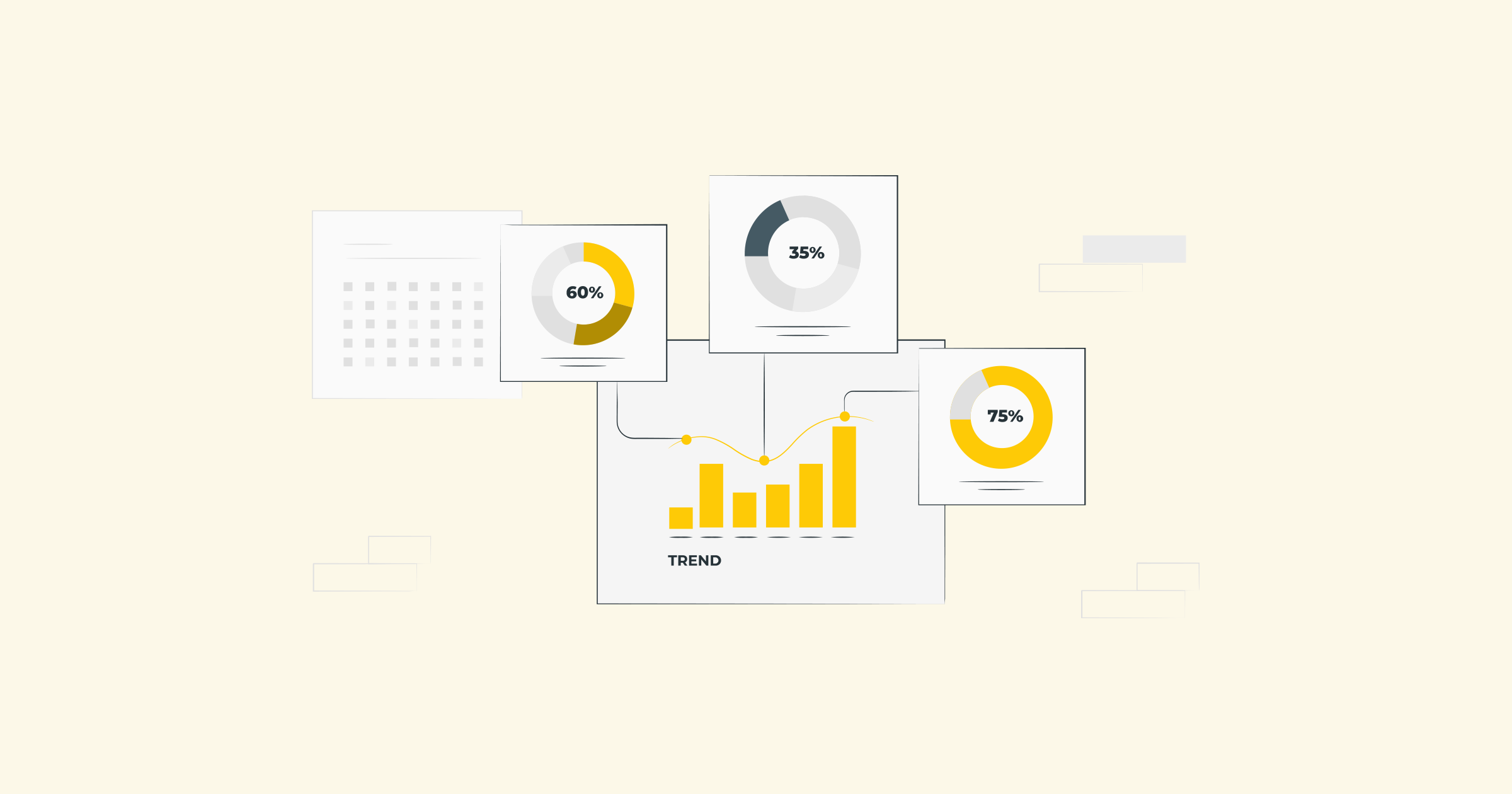Network Proxy: A Key to Internet Security and Anonymity
In today's digital world, where everything revolves around the internet, the need for online security and anonymity has become more crucial than ever before. With cyber threats and online surveillance on the rise, individuals and organizations are constantly seeking ways to protect their sensitive data and maintain their privacy online. One such solution that has gained immense popularity is a network proxy.
What is a network proxy?
In simple terms, a network proxy acts as an intermediary between a user's device and the internet. It allows users to route their internet traffic through a different server, effectively hiding their IP address and location. This provides numerous benefits, such as enhanced online security, privacy protection, and even the ability to bypass geo-restrictions.
Enhanced online security
When you connect to the internet directly, your device's IP address becomes visible to websites and online services you visit. This opens the door for potential hackers and cybercriminals to target your device, compromising your sensitive information or even gaining unauthorized access to your system. By using a network proxy, your IP address is masked, making it nearly impossible for anyone to trace your online activities back to your device. This greatly reduces the risk of falling victim to cyber attacks, ensuring your online security.
Privacy protection
Privacy has become a growing concern for internet users. Online advertisers, government agencies, and even internet service providers track and collect user data to serve personalized ads, monitor online activities, or even sell the data to third parties. This invasion of privacy can be mitigated by using a network proxy. By routing your internet traffic through a proxy server, your online activities become anonymous, making it significantly harder for anyone to track your browsing habits or collect your personal information. This empowers users to regain control over their online privacy.
Bypassing geo-restrictions
One of the most common uses of network proxies is to bypass geo-restrictions imposed by certain websites or online services. Some websites or streaming platforms restrict access to content based on geographic locations. By using a network proxy, users can choose a server located in a different country and appear as if they are browsing from that location. This allows them to access geo-restricted content that would otherwise be unavailable in their region. For example, a user located in China can use a network proxy to access websites or platforms that are blocked by the Great Firewall of China.
Types of network proxies
There are various types of network proxies available, each with its own advantages and use cases. The most common types include:
1. HTTP Proxy: This type of proxy is primarily used for web browsing. It works at the application layer of the internet protocol suite and can filter, cache, or redirect web traffic.
2. SOCKS Proxy: SOCKS (Socket Secure) proxies operate at a lower level than HTTP proxies and can handle a wider range of internet traffic, including email, chat, and file transfers.
3. SSL Proxy: SSL proxies are specifically designed to add an extra layer of encryption to internet traffic, ensuring secure and encrypted communication between the user and the website.
In conclusion, a network proxy is an invaluable tool for securing your online presence and maintaining anonymity on the internet. By utilizing a network proxy, users can enhance their online security, protect their privacy, and bypass geo-restrictions. Whether you are concerned about cyber threats, intrusive online surveillance, or accessing region-restricted content, a network proxy can provide the necessary safeguards for a safer and more private online experience.





























